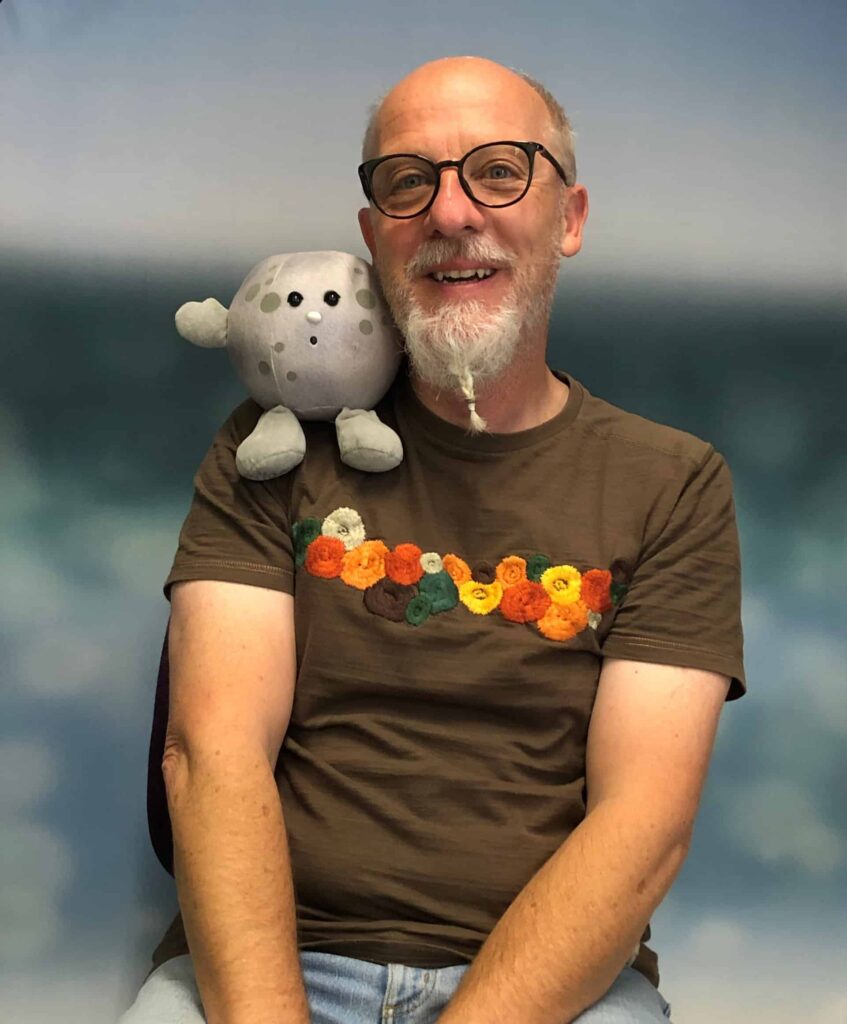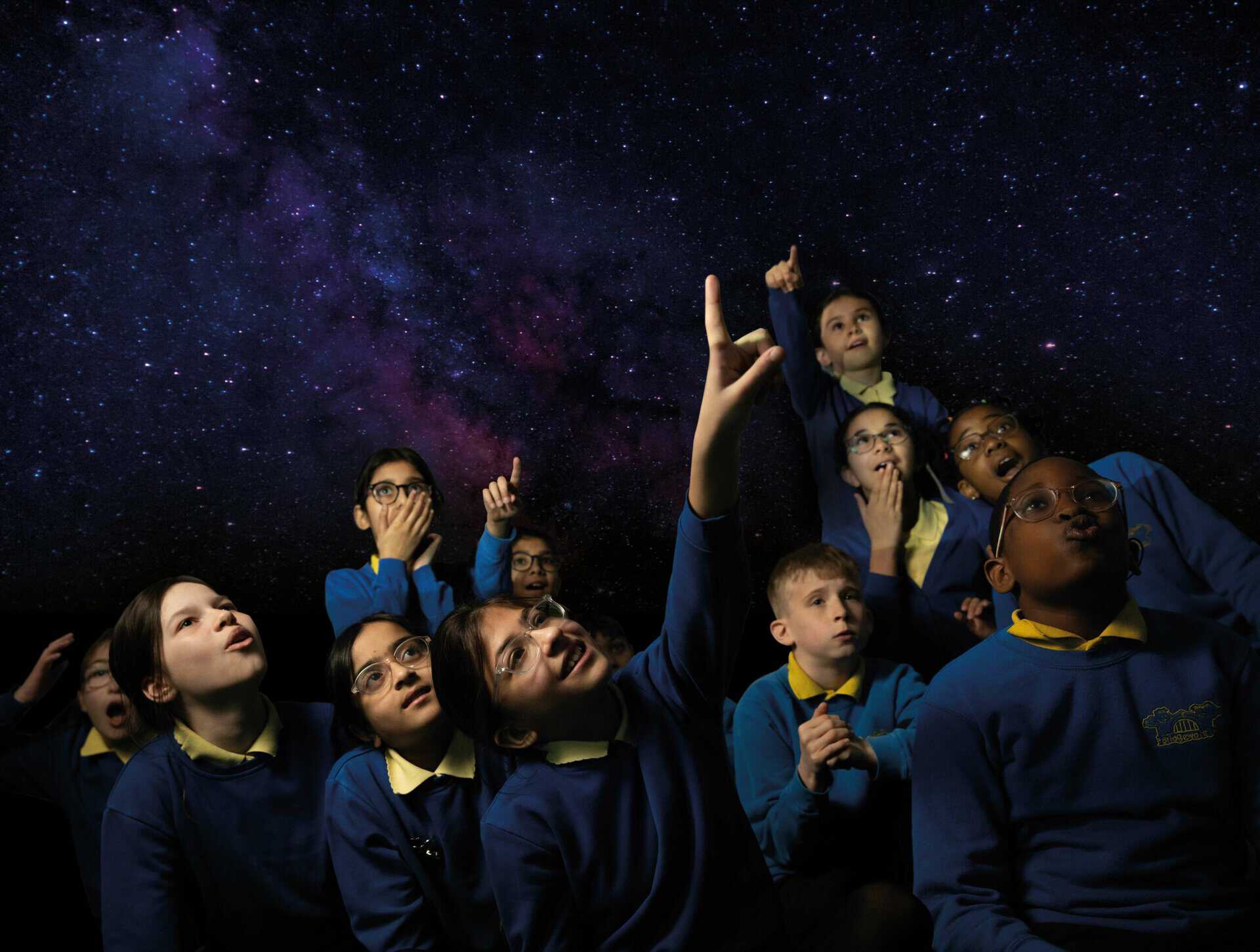
Dr Peter Edwards is the former Director of Science Engagement at Durham University.
His job was to bring the wonders of the universe to classrooms across the region. As an astronomer, he’s more than happy to talk about the amazing discoveries that mankind is making.

I like talking to children about space. There’s a huge, amazing story to tell them about all the things they can do. It’s not just about being an astronaut.
We do a lot of work with younger primary school children. Getting them enthused about space isn’t tricky, because they just are.
When you tell people you’re an astronomer, loads of hands go up.
I’m there to build on that fascination and get them thinking about it all. It’s about helping them understand that there’s a whole industry out there that they can be involved in. And that it’s in the North East.
There’s a scientist at Northumbria University who investigates space medicine, and people at Durham University’s Centre for Advanced Instrumentation who built a piece of kit that’s on the James Webb Space Telescope.
Parents may not be aware that there’s a world of possibilities out there for their children, and some of it’s right here. There will be families living in Sedgefield who don’t know that people near them are building stuff for the biggest telescopes on the planet.
It’s not just something for super-special people from somewhere else. You need to do the work, but you can do it.
Since I was a lad and beer was a penny a pint, the whole game’s changed. When I was a youngster, we weren’t aware that we can’t see most of the universe. And then we learned about this stuff called dark matter, which makes up about 80% of the universe. We know it’s there, and that without the gravity from dark matter, the universe wouldn’t look how it looks.
We only understand a tiny fraction about the universe, and we’ve spent hundreds of years studying it. Even today, somebody could point a telescope at something and say, “that’s a bit weird”, and discover something new.
There are lots of ideas and theories but we don’t have any firm proof of any of them. We could be wrong. But in a way, isn’t that exciting? That we might not be as smart as we think we are?
I’m nothing special, really. I’m not super-brainy. I’m an ordinary bloke who is interested in space. I’m from a family that worked down the mines.
I remember Neil Armstrong walking on the moon, but school was the real driver for me, and my teachers. I was just lucky enough to have a passion for a particular subject, and a good library on the council estate. And when I went up to my dad and told him I wanted to be an astronaut, he said go for it. You need passion, but also support.
Education doesn’t necessarily make you better or smarter than anyone else. But it gives you knowledge, and it gives you choices.
It’s about someone showing all this to you, and saying, ‘There’s all this stuff, and it’s for you. You can do it’. And I don’t think that message is given to young people enough.
